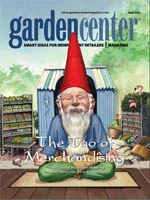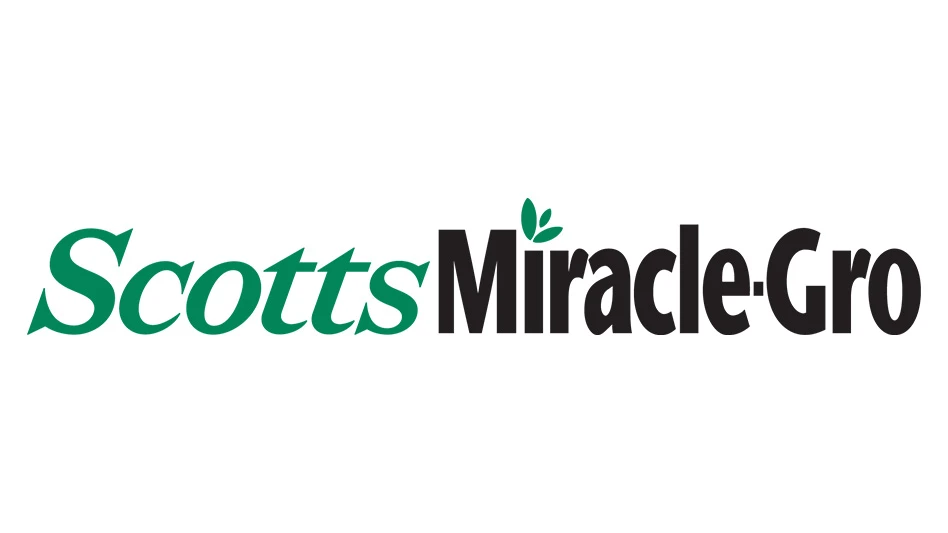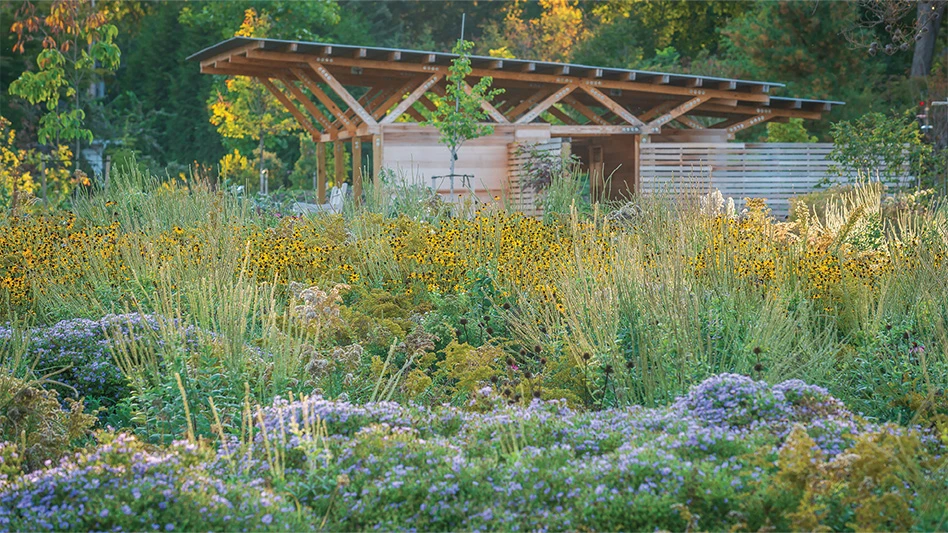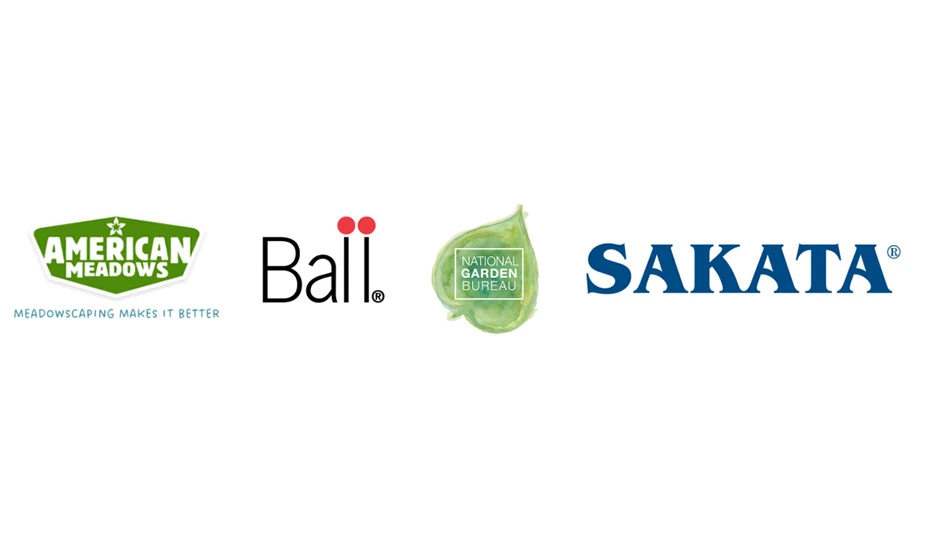|
 The Last year, retailers saw plenty of gardening newbies standing in front of seed racks puzzling over packets. “What’s the difference between this carrot and that one?” “What does direct sow mean?” And the very common query: “What makes these seeds organic?” The Last year, retailers saw plenty of gardening newbies standing in front of seed racks puzzling over packets. “What’s the difference between this carrot and that one?” “What does direct sow mean?” And the very common query: “What makes these seeds organic?”
Most organic seeds come at a premium price, so it’s no wonder this question became a common refrain at garden centers. Your sales force can reassure customers that there is, indeed, a difference between conventional and organic seeds, and a good reason for the higher price point.
Born Organic.
“There’s a tremendous amount of confusion on what organic seeds are,” said Charlie Hart of The Chas. C. Hart Seed Co., in Wethersfield, Conn. “They’re produced using specific requirements from the USDA. Selections cannot contain genetically engineered seeds. We find that people looking to buy organic seeds are really looking for non-genetically-engineered seeds.”
For seeds to be considered organic, the parent plants must be grown at an organic-certified farm, in organic soil, with only organic-approved inputs (fertilizer, pest controls, etc.). Once the seeds leave the farm, they have to be packaged by a certified facility to maintain the “organic” designation.
Curtis Jones with Botanical Interests in Broomfield, Colo., said maintaining an organic-certified packing facility like his is no small feat.
“The state department of agriculture comes and inspects us and looks at records,” he said. “They make sure we’re using organic methods of pest control. It’s pretty strict. They put you through the rigmarole.”
|
Cost Considerations.
The costs associated with increased oversight and compliance is one reason organic seed sometimes comes at a premium price. And there are always the basic laws of supply and demand.
“One reason the costs of organic seeds are so much is just because there are fewer of them out there,” said Bob Boomsma of Olds’ Garden Seed in Madison, Wis. The fact is, some crops are just harder to produce—especially using organic growing methods.
“It’s more difficult to grow seed organically than standard crops,” Jones said. “If you have weeds in the [seed plant] field, it completely destroys the crop. The seeds you buy in packets can only have a very small percentage of weeds, so you essentially lose the harvest.”
Organic Mindset.
Ultimately, whether or not a customer buys organic seeds depends on how strongly they believe in organic living.
“Environmentally conscious gardeners recognize that what’s good for the earth in their backyard is just as important as where the seed is produced,” Boomsma said. “Somebody who wants to be as organic as possible, wants to support organic practices, would want to buy seed that has been organically grown.”
Choosing organic seed is also a way to help the overall market expand.
“If more people buy seed that’s organically grown, more cropland for seed will be on land that’s certified organic.” Jones said.
But being an organic gardener doesn’t mean completely eschewing conventional seed. Jones, Boomsma and Hart all agree that non-organic seeds will work if a comparable organic variety can’t be found. Care and cultivation practices after the seed is in the ground should be the biggest concern.
“The one thing I want to stress is that if a gardener can’t find organic, buy non-organic,” Jones said. “Remember, non-organic seed is still untreated. And that’s true not just for me, but from most seed companies. And they aren’t genetically modified varieties.”
For more: The Chas. C. Hart Seed Co.; www.hartseed.com. Olds’ Garden Seed; www.oldsgardenseed.com. Botanical Interests; www.botanicalinterests.com.
|

‘Genetically modified’ muddies the water
The media has given a lot of attention in recent years to genetically modified, or engineered, seeds. (Also called GMOs.) These seeds are typically used to grow food crops that are resistant to certain diseases or pesticides. Rookie gardeners with an eco-conscious bent might need assurance that what they’re buying doesn’t fall in the GMO category.
“There are no genetically engineered (GMO) vegetable or flowers that are offered for sale to consumers anywhere in the United States,” said Charlie Hart of The Chas. C. Hart Seed Co., and current president of the Home Garden Seed Association. “You need a license to grow these crops. They’re regulated by the FDA, USDA and most state agriculture departments.”
In short, whether your customer chooses organic or non-organic, there’s zero chance they’re getting genetically modified seeds.
For more: Home Garden Seed Association;
www.ezfromseed.org.
|
|

 The Last year, retailers saw plenty of gardening newbies standing in front of seed racks puzzling over packets. “What’s the difference between this carrot and that one?” “What does direct sow mean?” And the very common query: “What makes these seeds organic?”
The Last year, retailers saw plenty of gardening newbies standing in front of seed racks puzzling over packets. “What’s the difference between this carrot and that one?” “What does direct sow mean?” And the very common query: “What makes these seeds organic?”




